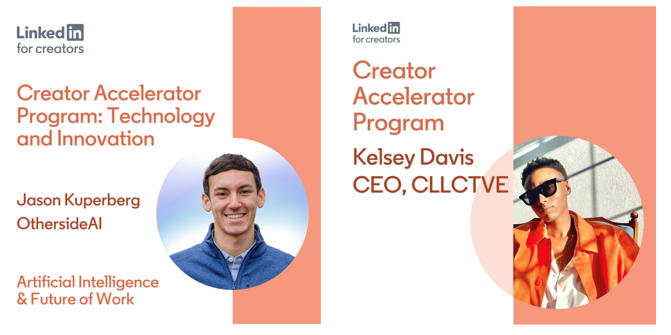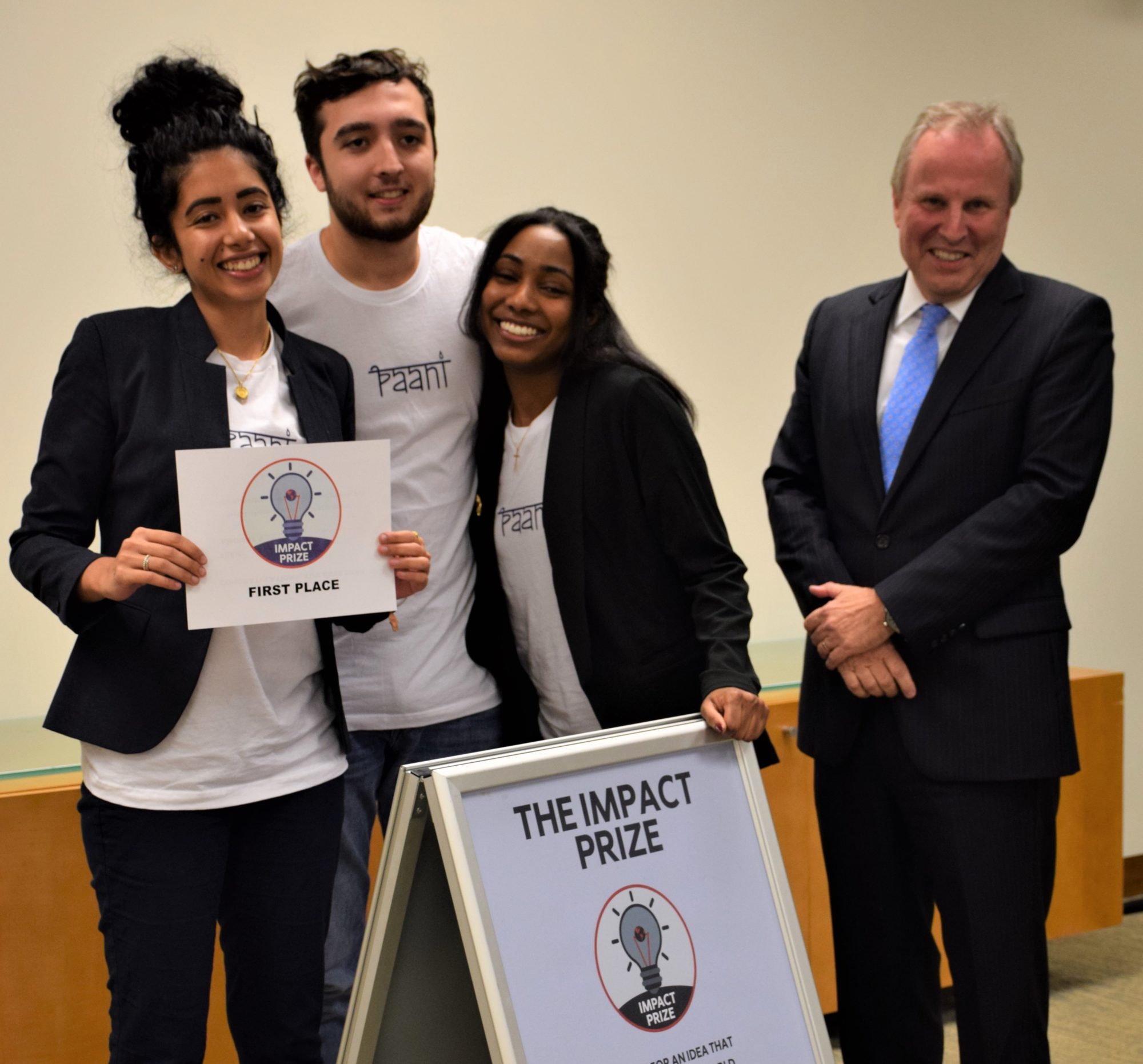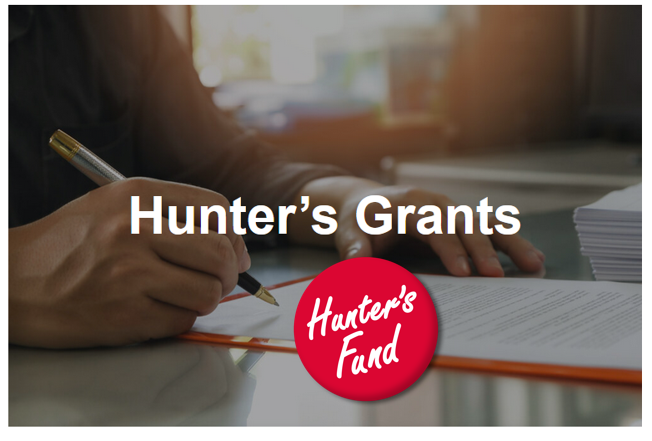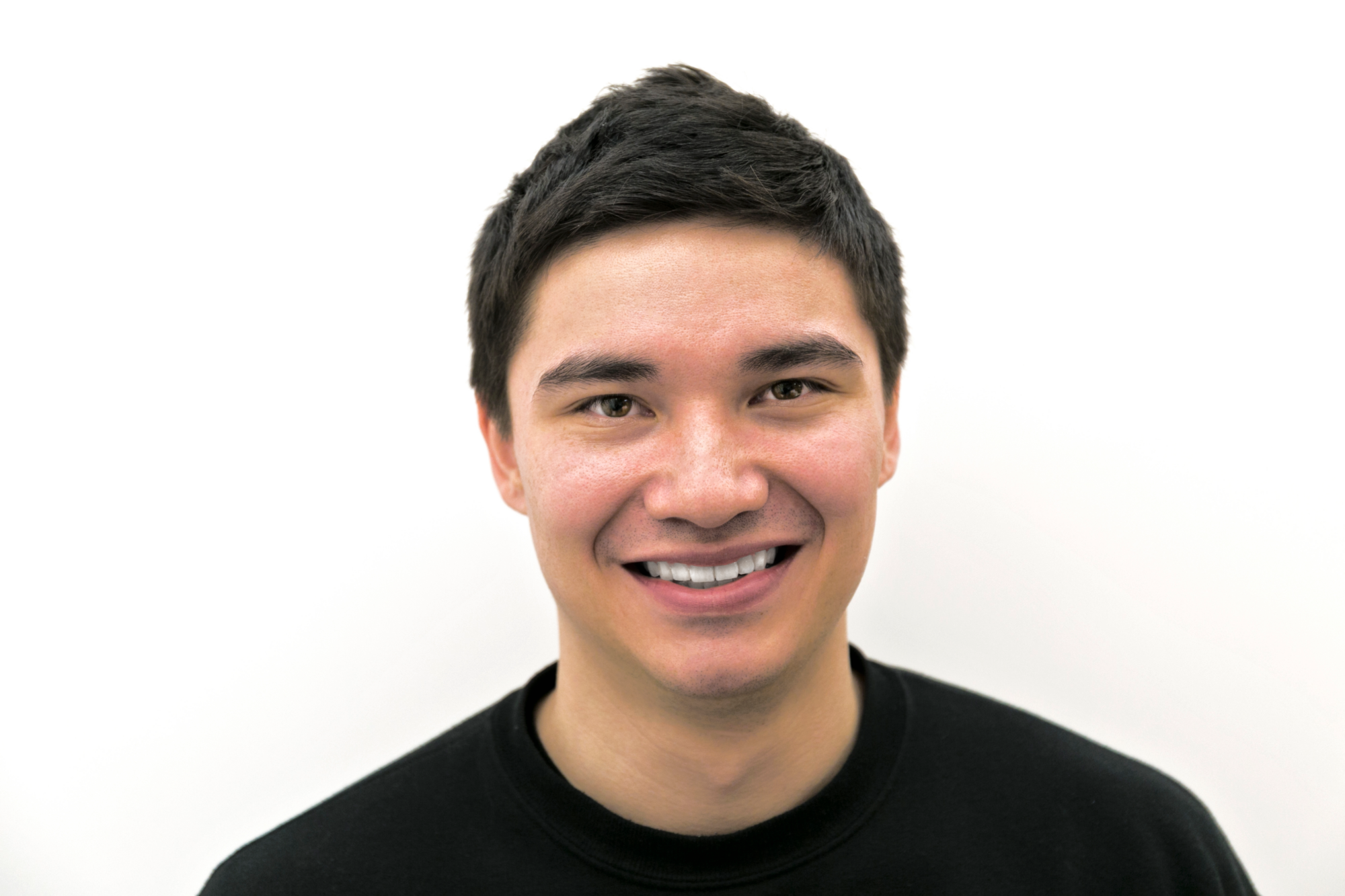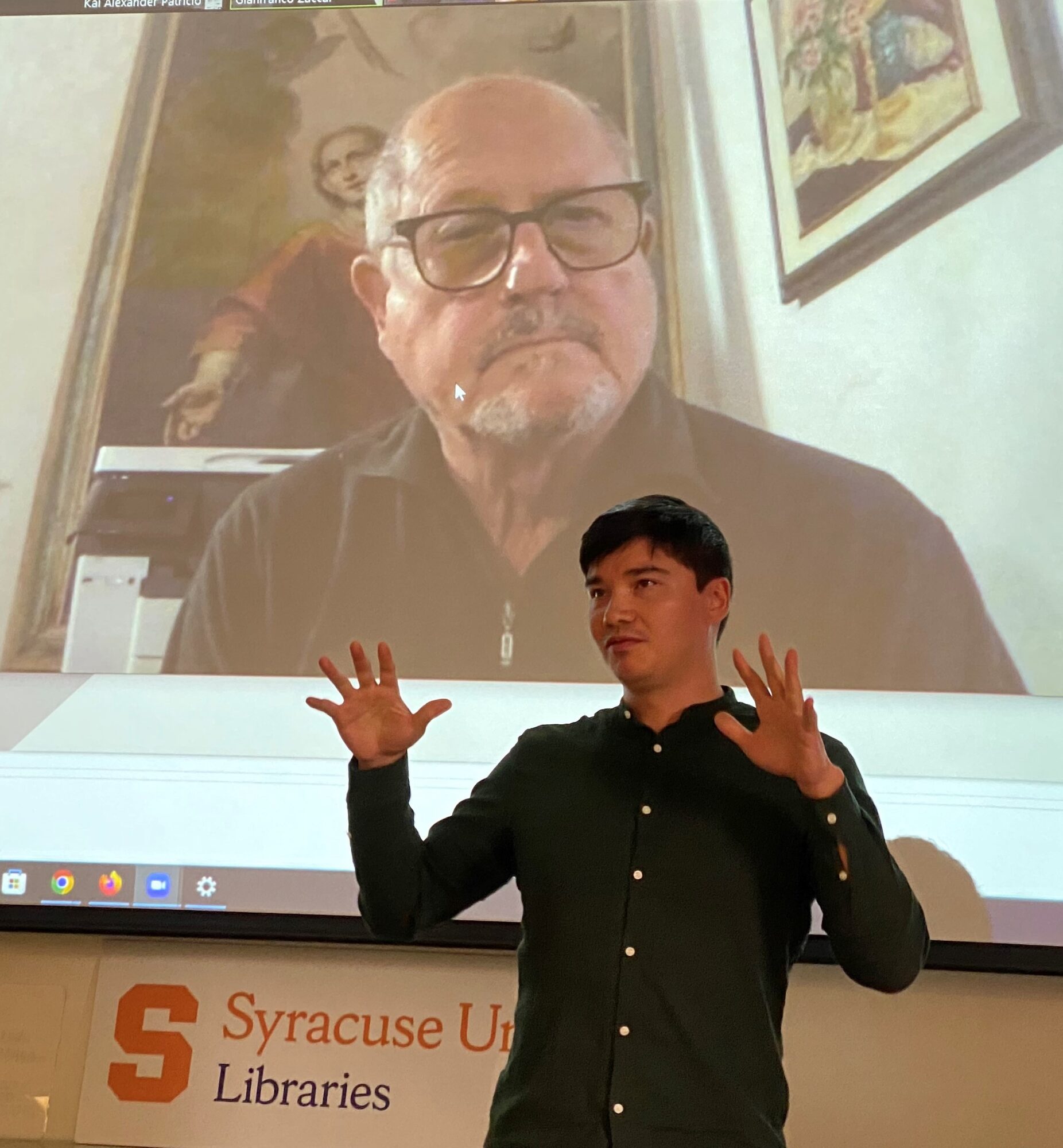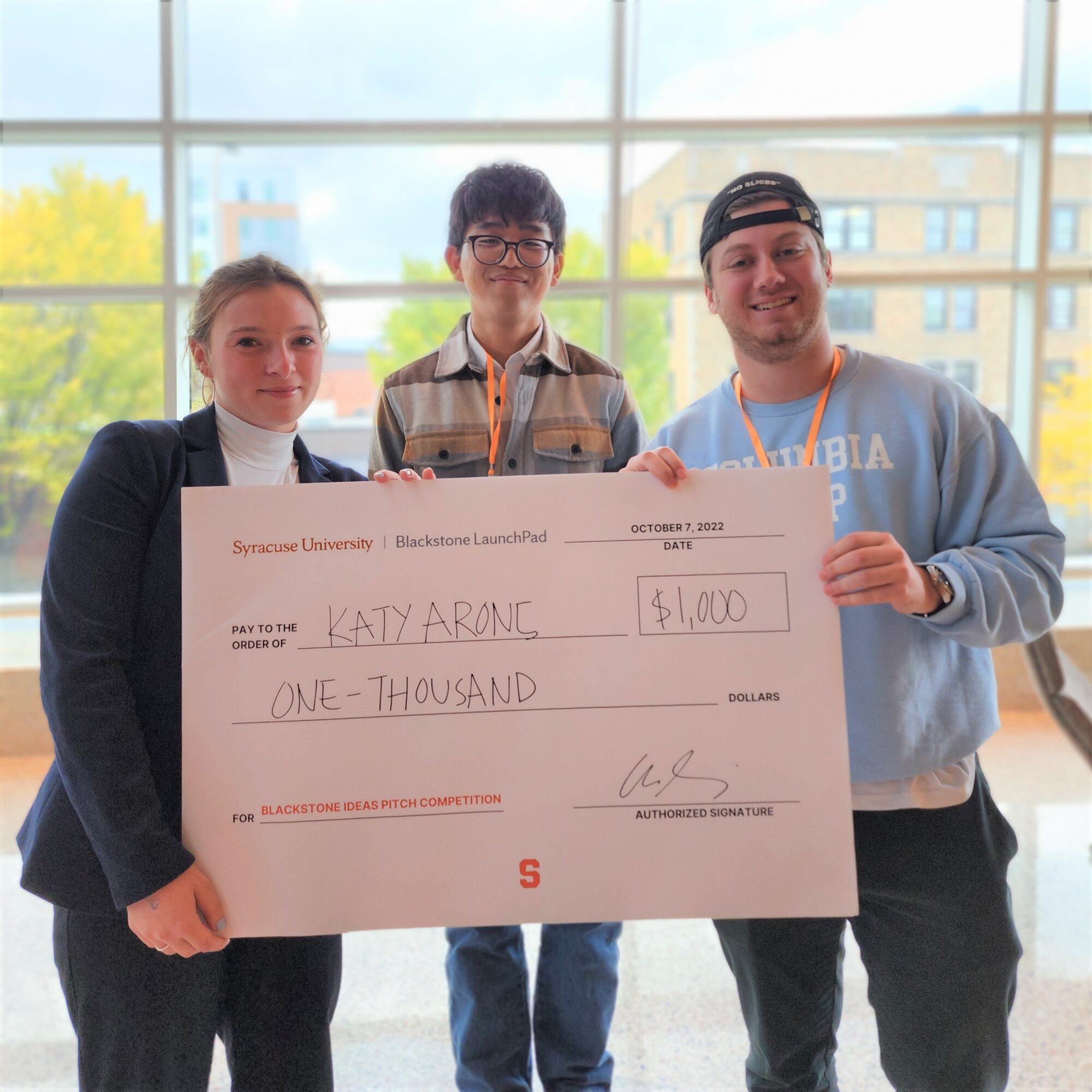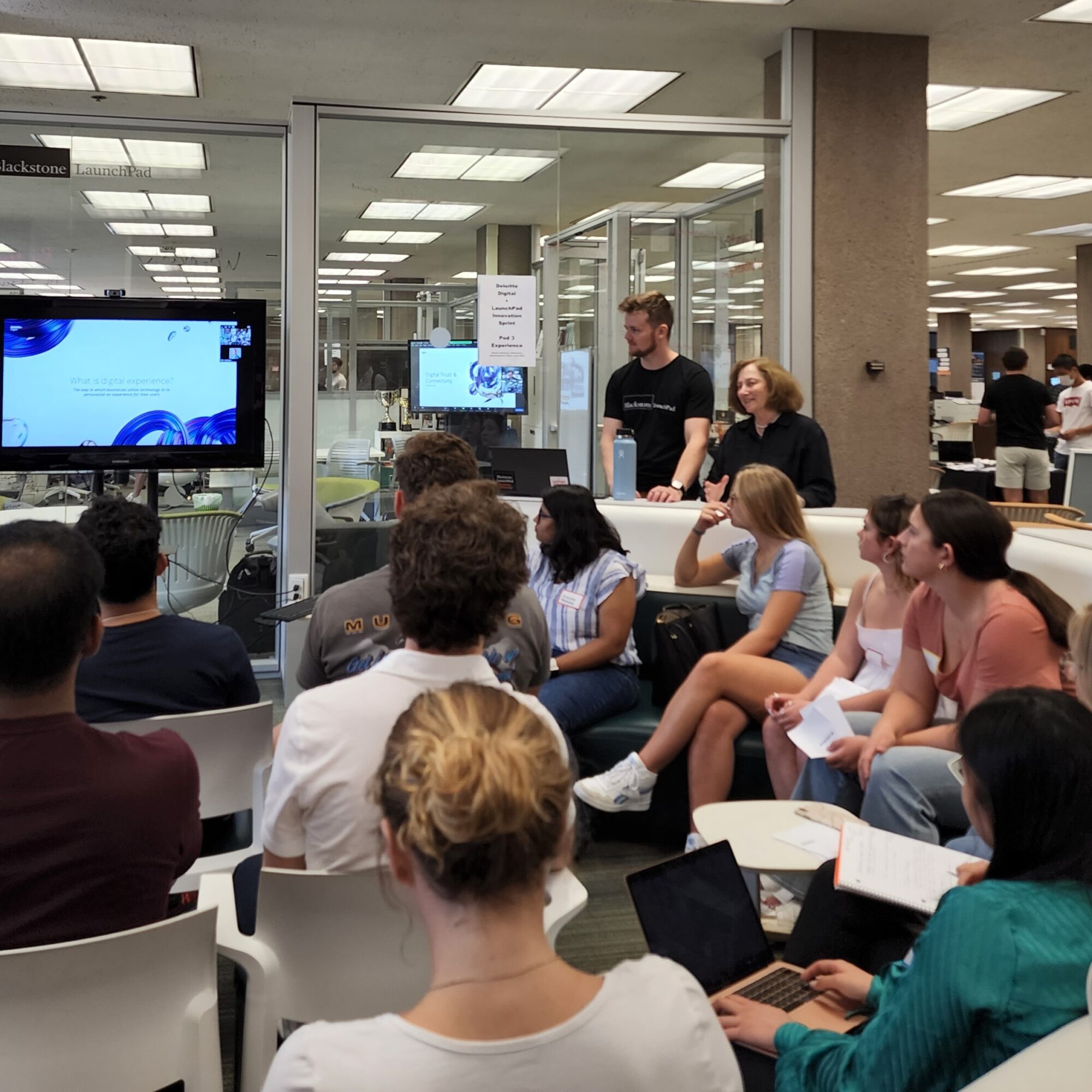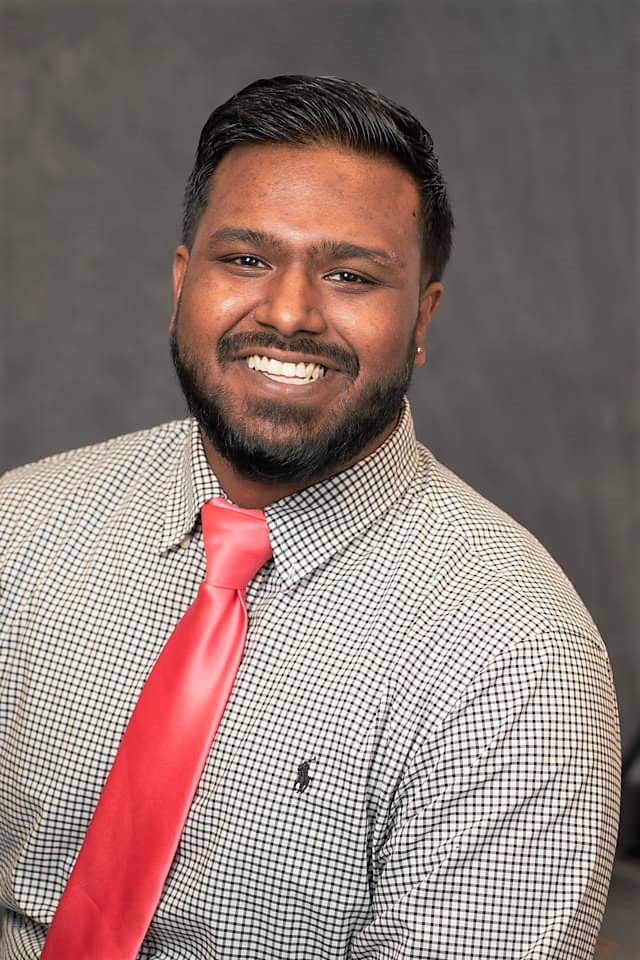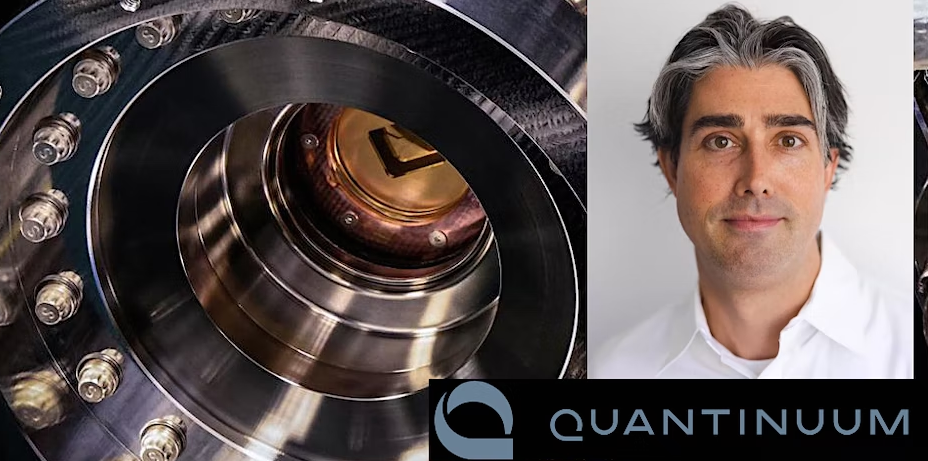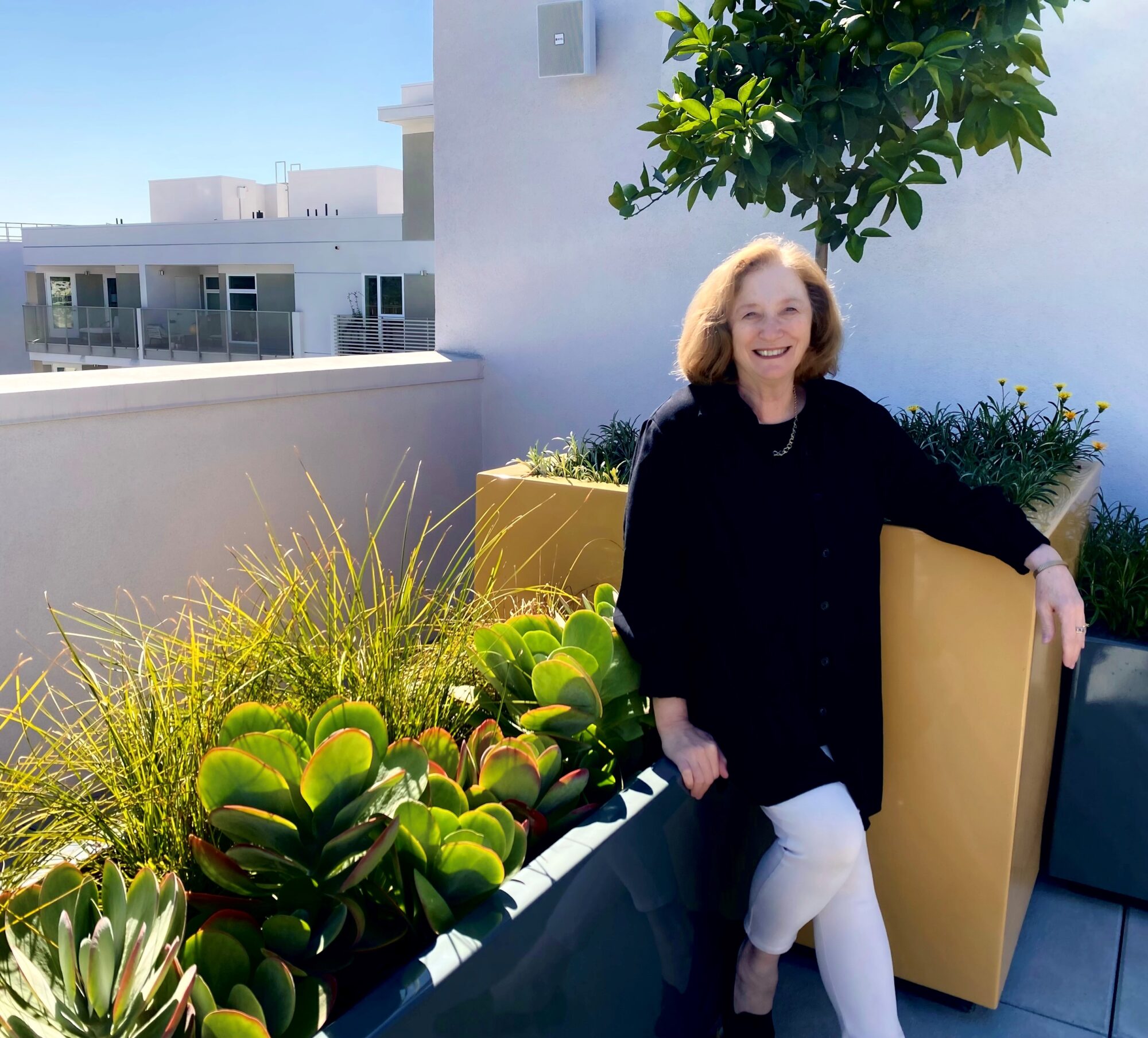
Linda Dickerson-Hartsock, executive director of the Syracuse University Blackstone LaunchPad, is a featured speaker at this year’s Blackstone LaunchPad annual conference, hosted by the Blackstone Charitable Foundation. The event brings together the 50+ universities from across the Blackstone LaunchPad entrepreneurial network to share ideas around programming, governance, stakeholder engagement, venture development, student career pathways in innovation, and more.
Linda authored a playbook of best practices for the network, which is being published and shared with all the campuses that are part of the event. The publication is based on her experiences leading the Syracuse LaunchPad over the past seven years, as well as primary and secondary research, surveys, and interviews. She’ll be sharing the findings and her insight as part of the annual conference.
The playbook is intended as a user manual for new campuses and program directors, as the network is expected to expand to 75 campuses over the next few years, and as a refresher with imaginative and innovative new ideas for existing campuses and program staff.
She will also be representing Syracuse University at The Global Consortium of Entrepreneurship Centers (GCEC) annual conference, hosted this year by The UNLV Troesh Center for Entrepreneurship and Innovation.
GCED was established in 1997 for the purpose of becoming the key junction for university-based entrepreneurship centers across the U.S. and internationally to collaborate, communicate, and jointly advance excellence in entrepreneurship through the unique role and position of the centers in the academic and business communities. GCEC is considered the premier leadership organization addressing the emerging topics of importance to university-based centers for entrepreneurship. It has become the industry vehicle by which the top, established entrepreneurship centers, as well as emerging centers, can work together to share information, develop programs and initiatives, and collaborate and assist each other in advancing, strengthening, and celebrating the contributions and impact of individual centers–as well as the overall role of university-based entrepreneurship center.
The consortium, comprised of over 200 university member centers, hosts an annual conference and is home to the 21st Century Entrepreneurship Research Fellows. The Rice Alliance for Technology and Entrepreneurship in the Jones School of Business at Rice University, Houston, has been chosen to be the administrative office for the global consortium.
This is the first in-person conference since the pandemic, with more than 600 attendees at this year’s conference, with more than 100 break-out sessions. The event features opportunities to reenergize through professional development experience
